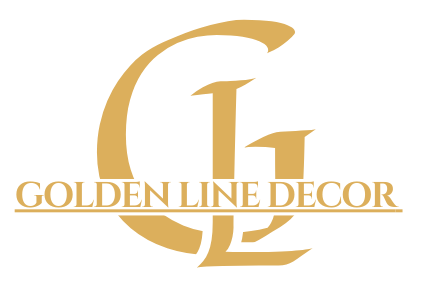Your Cart
.
FAQs
What is the difference between laminate & hardwood flooring?
Laminate flooring is a synthetic product composed of multiple layers fused, offering affordability and easy maintenance. Hardwood flooring, made from real wood, provides a timeless, natural look with the ability to be sanded and refinished. While laminate is budget-friendly, hardwood offers classic durability and elegance.
What is wooden laminate flooring?
Wooden laminate flooring is a versatile and cost-effective flooring option made from multiple layers of synthetic materials, with a high-resolution image of wood grain on its surface. It provides the aesthetic appeal of real wood flooring at a fraction of the cost and is easy to install and maintain.
What is engineered wood flooring and how is it different from solid wood flooring?
Engineered wood flooring is constructed from multiple layers of wood veneer pressed together, with a top layer of real hardwood. This construction makes it more stable and resistant to moisture compared to solid wood flooring, which is made from a single piece of wood. Engineered wood flooring offers the beauty of hardwood with added durability and versatility.
What are the advantages of engineered wood flooring?
The advantages of engineered wood flooring include enhanced durability, resistance to moisture and temperature fluctuations, easy installation over various subfloors, and the ability to be sanded and refinished multiple times. Additionally, it offers a wide range of styles and finishes, providing versatility in design options.
What is the herringbone pattern and how does it enhance the aesthetic of a room?
The herringbone pattern is a classic flooring layout characterized by a series of rectangular planks arranged in a zigzag pattern. This design enhances the aesthetic of a room by adding visual interest and sophistication. It creates a sense of movement and depth, making the space appear larger and more dynamic. The unique arrangement of the planks also adds a touch of elegance and timeless charm to any interior.
How does chevron flooring differ from herringbone flooring?
Chevron flooring consists of planks cut at an angle and laid to form a continuous zigzag pattern, creating a more seamless and dramatic look. In contrast, herringbone flooring features planks arranged in a staggered, overlapping pattern, offering a classic and symmetrical appearance with a slightly different visual effect.
What is WPC (Wood Plastic Composite) decking & cladding?
WPC (Wood Plastic Composite) decking and cladding are innovative alternatives to traditional wood materials. They are made from a blend of wood fibers and plastic, offering the natural look and feel of wood with added durability and low maintenance. WPC decking and cladding are resistant to rot, moisture, and insects, making them ideal for outdoor applications such as decks, patios, and facades.
Is bamboo decking be used in high-traffic outdoor areas?
Yes, bamboo decking is suitable for high-traffic outdoor areas. It's durable, resistant to rot and pests, and can withstand heavy foot traffic. Its natural strength and resilience make it an excellent choice for decks, patios, and other outdoor spaces where durability is essential.
What are the maintenance requirements for IPE hardwood decking and cladding?
The maintenance requirements for IPE hardwood decking and cladding are relatively low. Regular cleaning with mild soap and water, along with periodic application of a protective finish, helps maintain its natural beauty and durability. Additionally, it's advisable to inspect for any signs of wear or damage and address them promptly to prolong its lifespan.
How does designer flooring enhance the overall look of a space?
Designer flooring enhances the overall look of a space by adding a unique and personalized touch. It allows individuals to express their style and creativity through various patterns, colors, and textures. Additionally, designer flooring can complement other design elements in the room, creating a cohesive and visually appealing environment.
What are soffit panels and their application?
Soffit panels are the underside of architectural structures such as eaves, ceilings, and archways. They provide a clean, finished look while also offering ventilation and protection from the elements. Soffit panels are commonly used in residential and commercial buildings to enhance aesthetics and improve airflow.
